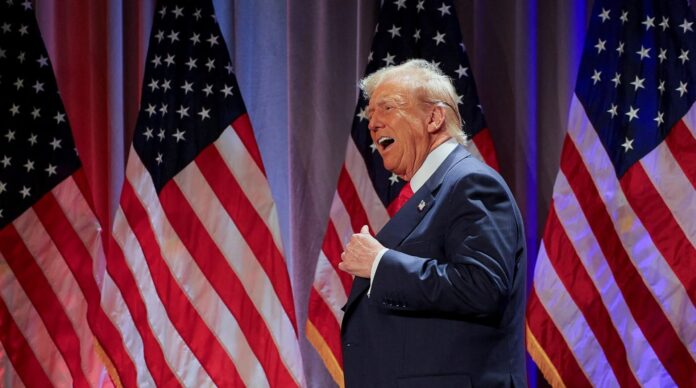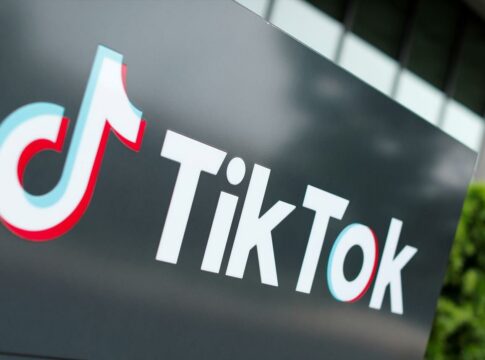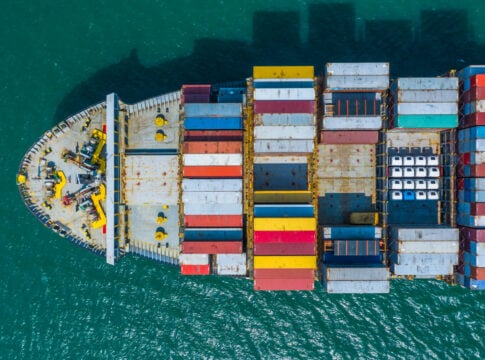Nervousness is growing in Europe in anticipation of Donald Trump’s arrival at the White House, European diplomats in Brussels tοld Naftemporiki.
“Everyone expects that the new US President will announce higher tariffs, thus forcing Europeans to react. But the Commission, the member states and the European Parliament have not a clear view of what exactly Trump will announce,” the same sources added.
“The US president has already prepared 100 orders that will affect seven key areas: tariffs on products imported into the US, inflation, dollar, energy, cryptocurrencies, bilateral relations and of course the geopolitical situation and the development of wars in Europe’s wider neighbourhood,” the European diplomats noted, adding: “All these changes will affect the economy on a global scale, with clear implications for Europe as well.” It is true that Trump’s main target is China, on which he intends to impose tariffs of up to 60% on those he had already applied in his previous term and which Joe Biden maintained. In addition, he has also announced that he will impose 25% tariffs on Mexico and Canada, two countries with which the US has a free trade agreement.
Trade War
The most important of the upcoming changes is linked to the threat of a trade war. For the eurozone, Goldman Sachs, in a recent study entitled “Eurozone Outlook for 2025: Under Pressure,” estimated that President Trump’s tariff hike would reduce its GDP by 1% in 2025.
Trump has referred to 10-20% tariffs on imported European products in order to reduce the US trade deficit with Europe, which reaches 200 billion euros.
Although international organizations expect the Old Continent’s economy to expand between 0.8%-1.0% this year, the investment bank warns that there is a “30% chance of a significant recession” this year.
“The tariffs that the new president plans to impose will likely significantly affect growth, and much of this setback will be due to greater uncertainty in trade policy,” Goldman’s chief economist, Sven Jari, said in his report.
Goldman Sachs experts assured in their report that, if this scenario occurs, Germany will be the most exposed.
Digital revolution lost
In this context, it is particularly worrying that Europe has largely missed out on the digital revolution of the 1990s, driven by the Internet, and the resulting productivity gains enjoyed by other economies, such as the US. It is no coincidence that of the world’s top 50 technology companies, only 4 are European.
This situation is further exacerbated by the demographic issue, because the Union, for the first time in its recent history, is entering a phase in which economic growth will not be supported by population growth: in fact, by 2040 the EU workforce is expected to shrink by almost two million people per year.
Based on the analysis, the foundations on which we have built our economic, social and political model in Europe are faltering. And it is not Trump’s fault.
To reverse the trend, Mario Draghi sees only one way in his report: the EU must rely more on productivity to support growth. In terms of investment, this means an increase of 5% of GDP. These latest figures explain why, in Draghi’s opinion, Europe is facing an existential challenge.














